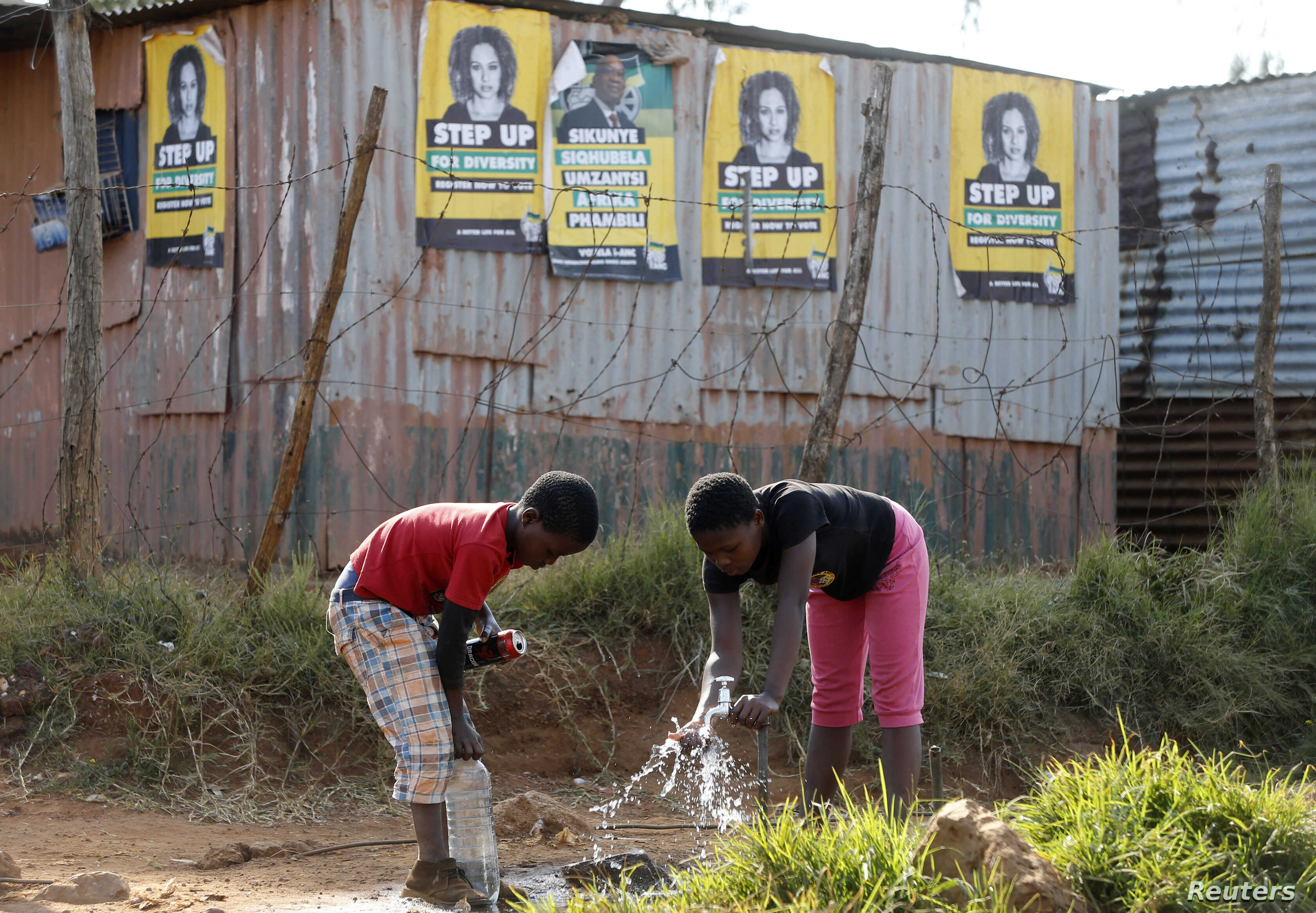South Africa ranks 90th out of 162 countries and territories included in the Economic Freedom of the World: 2020 Annual Report, released today by the Free Market Foundation in conjunction with Canada’s Fraser Institute.
Last year, South Africa ranked 101st. The improved ranking this year results from a small positive movement in the SA rating and the fact that countries such as Belarus, Ghana, Greece, and Surname lost ground against South Africa in the rankings. In 2000 South Africa ranked 58th and was among the top 37 percent of the most economically free countries in the world.
Hong Kong and Singapore again top the index, continuing their streak as 1st and 2nd respectively. New Zealand, Switzerland, the United States, Australia, Mauritius, Georgia, Canada, and Ireland round out the top 10.
The report, based on 2018 data (the most recent comparable data), warns that recent events in Hong Kong will likely cause its score to fall as data become available for 2019 and 2020.
“Intrusion on the rule of law, the foundation of economic freedom, by the Chinese Communist Party is negatively affecting economic freedom in Hong Kong,” said Fred McMahon, Dr. Michael A. Walker Research Chair in Economic Freedom with the Fraser Institute.
“Hong Kong has, for many years, been an example to the rest of the world of how a country or a territory can be governed in an enlightened manner that allows a free people to build an economy that leads to a high level of wealth creation and general prosperity. It is most unfortunate that the Chinese government has decided to meddle in its affairs” said Leon Louw, CEO of the Free Market Foundation.
The report was prepared by James Gwartney, Florida State University; Robert Lawson and Ryan Murphy of Southern Methodist University; and Joshua Hall, West Virginia University. It measures economic freedom (levels of personal choice, ability to enter markets, the security of privately owned property, rule of law, etc.) by analysing the policies and institutions of 162 countries and territories.
The 10 lowest-rated countries are the Central African Republic, Democratic Republic of Congo, Zimbabwe, Republic of Congo, Algeria, Iran, Angola, Libya, Sudan, and Venezuela. Despotic countries such as North Korea and Cuba can’t be ranked due to lack of data.
Other notable rankings include Japan (20th), Germany (21st), Italy (51st), France (58th), Mexico (68th), Russia (89th), India (105th), Brazil (105th), and China (124th).
According to research in top peer-reviewed academic journals, people living in countries with high levels of economic freedom enjoy greater prosperity, more political and civil liberties, and longer lives.
For example, countries in the top quartile of economic freedom had an average per-capita GDP of $44,198 in 2018 compared to $5,754 for countries in the bottom quartile.
Moreover, in the top quartile, the average income of the poorest 10 percent was $12,293 compared to $1,558 in the bottom quartile. Interestingly, the average income of the poorest 10 percent in the most economically free countries is more than twice the average per-capita income in the least free countries.
“Where people are free to pursue their own opportunities and make their own choices, they lead more prosperous, happier, and healthier lives,” McMahon said.
The Fraser Institute produces the annual Economic Freedom of the World report in cooperation with the Economic Freedom Network, a group of independent research and educational institutes in nearly 100 countries and territories. It’s the world’s premier measurement of economic freedom, measuring and ranking countries in five areas—the size of government, legal structure and security of property rights, access to sound money, freedom to trade internationally, and regulation of credit, labour, and business.
See the full report at www.fraserinstitute.org/
South Africa’s scores in key components of economic freedom (from 1 to 10 where a higher value indicates a higher level of economic freedom):
- Size of government: changed to 6.11 from 5.77 in the last year’s report
- Legal system and property rights: changed to 5.68 from 5.05
- Access to sound money: changed to 8.20 from 8.17
- Freedom to trade internationally: changed to 6.44 from 6.87
- Regulation of credit, labour, and business: changed to 7.24 from 7.20
“The harm caused to economies worldwide by the Covid-19 lockdowns will have to be restored when normality returns. The most rapid restoration possible will occur in countries and territories where the value of the Economic Freedom of the World Reports is fully realised and economic principles and policies drawn from them are implemented” said Eustace Davie, a director of the Free Market Foundation.
About the Economic Freedom Index
Economic Freedom of the World measures how policies and institutions of countries support economic freedom. This year’s publication ranks 162 countries and territories. The report also updates data in earlier reports where data has been revised.
For more information on the Economic Freedom Network, datasets, and previous Economic Freedom of the World reports, visit www.fraserinstitute.org. And you can “Like” the Economic Freedom Network on Facebook at www.facebook.com/
For more information on the Economic Freedom Network, datasets, and previous Economic Freedom of the World reports, go to www.fraserinstitute.org/

